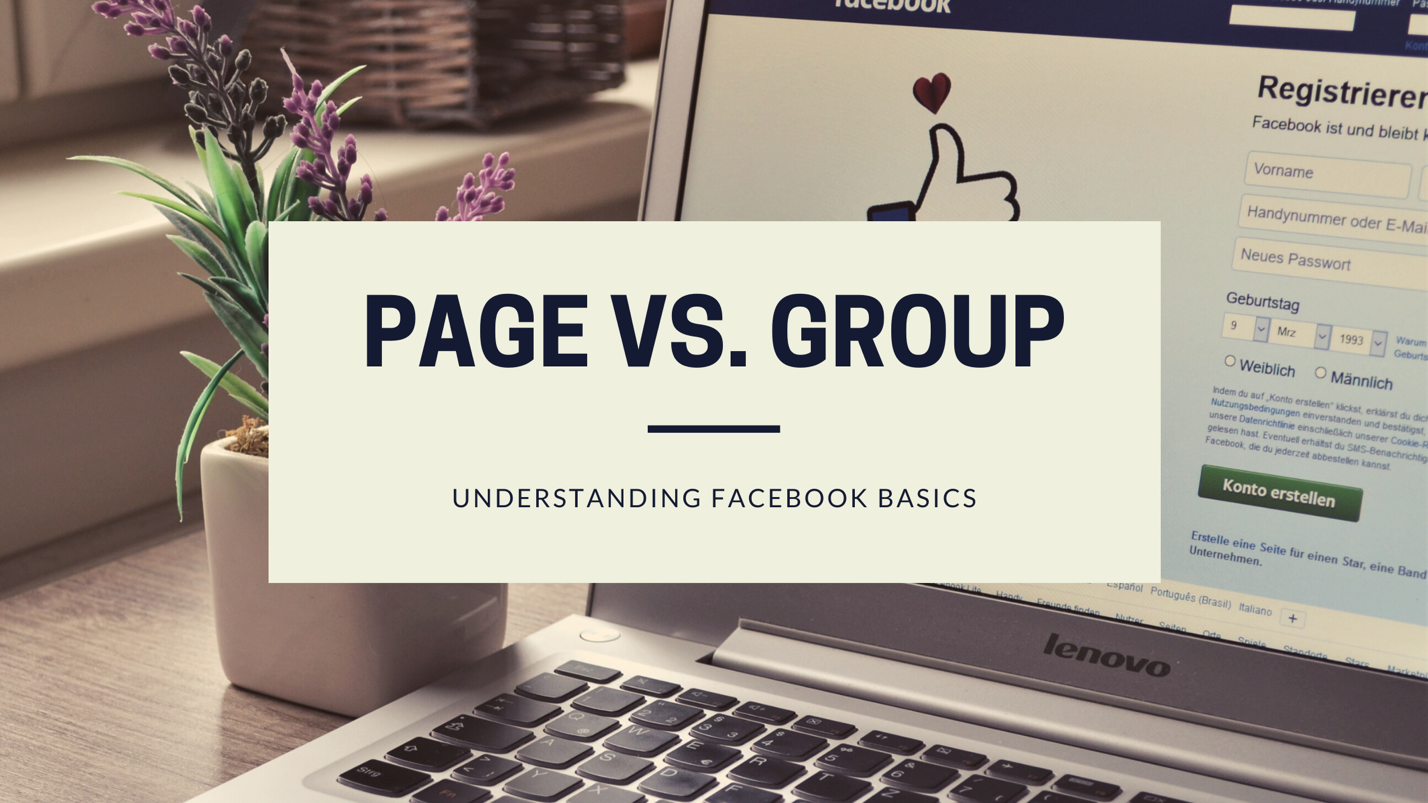Facebook page VS Facebook group:
What is a Facebook Page? What is a Facebook Group? Do you know the difference between them?
These are two aspects of Facebook that commonly cause a confusion. Facebook Pages and Facebook Groups.
By sorting this out and learning to use both well, you can dramatically improve engagement with your target audience and growth of your business.
A Facebook Page is almost like a personal page but commonly represents a person’s business. You can create Facebook Pages from your personal page to represent anything – a business usually, but also a team, passion, foundation or cause. Only people that search for your page or who are following your page will see your posts. There is also the now rare occasion where Facebook suggests your page to other Facebook users to follow. There are different settings on pages. Usually only those with a form of administrative access can post on them.
Should You Have a Facebook Storefront?
Having a Facebook Page is important as it is like your storefront on Social Media. A Page will allow you to run advertisements and promotions, update public on upcoming events or special offers, share your blogs, post your business hours, provide a map and allows users to contact your business or visit your website. This is all vital and valuable for any business. Facebook has over 2.7 billion active monthly users and is growing every second. This makes it far and away the largest and most used social platform on Earth.
A Facebook Group is just that – a group of people usually with a common agreement or interest. Someone can create a group for individuals that study frogs, watch birds, do CrossFit, Yoga or how to make craft wine – any person can get a group going about just about anything. For example, “Pictures of Pets in the Garden” could be a group created, where the members post pictures of their pets in their gardens.
Facebook groups can help bring people together to share their experience or expertise and help others. Mom groups often have moms super worried about the color of their baby’s poop, and other moms in the group with similar experiences can share what they have learned or give advice (yes, I’m a mom).
A Facebook Group puts more focus on the community, as opposed to a business. Their ideas, questions, needs, etc. If someone posts to your Facebook business page it gets put under the “community” tab on your page – which most won’t even notice or see. In a group, these posts from your community stay in the feed and can be searched for within the group.
Facebook pages have followers. Facebook groups have members.
A page can usually be viewed by anyone. Groups can be private (content can only be seen by members who have been accepted) or can be public. Groups often have rules they request you follow. Administrators of groups can kick you out if they feel you are going against their community rules.
Groups and Pages can have the same or similar names. One is a representation of someone or something, the other a group of members. The Page will often publish direct communication from the represented organization (such as a Target page publishing a post about one of their BOGO sales). A group discusses things and shares posts within the group (such as coupons they found, what they just saw on sale at Target, or the latest Target trendy jeggings they are wearing).
Here is an example of a Facebook page and a Facebook group where the names and look are similar, but each serves a different function:
FACEBOOK PAGE:
FACEBOOK GROUP:
 As pointed out earlier in this blog, Facebook is a very large and powerful platform. Ensuring your business is represented on Facebook is a vital step for any business. Even if you hate Facebook, you still need to be represented if you want to reach your target audience. Whether you like it or not, having a well optimized Facebook Account and producing regular content actually help with your SEO (Search Engine Optimization) and sales.
As pointed out earlier in this blog, Facebook is a very large and powerful platform. Ensuring your business is represented on Facebook is a vital step for any business. Even if you hate Facebook, you still need to be represented if you want to reach your target audience. Whether you like it or not, having a well optimized Facebook Account and producing regular content actually help with your SEO (Search Engine Optimization) and sales.
At Walker Kreative we are passionate about helping business owners get a better understanding of this platform to help them be more hands on when it comes to their social media presence.
Business owners should have their business page. But as an individual (and possibly as a business – see below) should also join groups if they want to harness the full potential on Facebook. Joining groups is a great way to build a strong following and clientele.
Fairly recently, Facebook started rolling out being able to engage on Facebook as the page you represent. This isn’t always available to all pages or in all groups. As an example, Walker Kreative has joined a few Small Business Groups. I can share posts in this group from “Walker Kreative” as opposed to from my personal account.
For more on how to utilize Facebook Groups to grow your business or following, check out this article!
Best,
Christine Leacox
Walker Kreative













